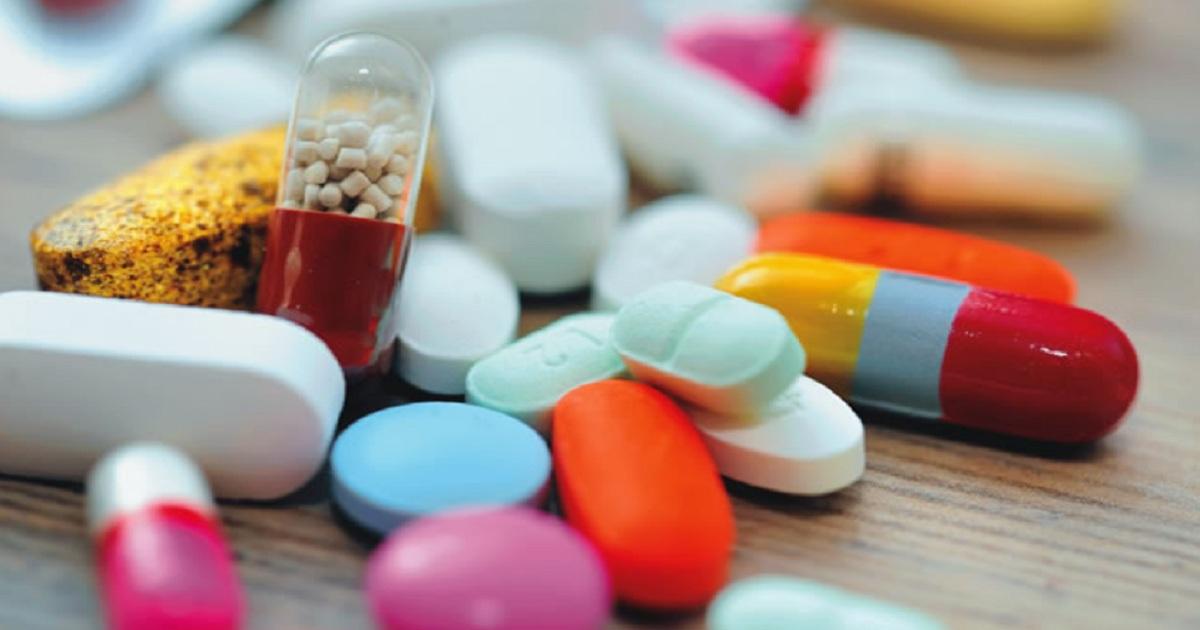Understanding Infertility Drugs
Infertility affects millions of couples worldwide who are unable to conceive a child naturally after one year of unprotected intercourse. While there are often underlying medical conditions that contribute to infertility, advances in medical technology have provided effective infertility treatment options. One of the most common approaches is the use of prescription infertility drugs to stimulate egg production and development. This article examines the various types of infertility drugs available, how they work, and their effectiveness.
Types of Infertility Drugs
There are several categories of infertility drugs that work to address different underlying causes of infertility. One of the most frequently prescribed types are follicle-stimulating hormone (FSH) medications, which are taken orally or through injections. FSH stimulates the growth and development of follicles in the ovaries that contain eggs. Common FSH drugs include gonadotropins like Follitropin and Menopur. Another related category is luteinizing hormone (LH), which aids in egg maturation and ovulation. LH drugs include Luveris andRepronex.
Clomid and Serophene are oral medications known as clomiphene citrate or "fertility pills." They work by stimulating the natural release of FSH and LH from the pituitary gland. For women with polycystic ovary syndrome (PCOS) or those who do not ovulate regularly, clomiphene citrate helps induce ovulation. Other infertility drugs target issues like thin uterine lining, which can prevent implantation. Progesterone supplements like Crinone or Endometrin help thicken the lining when taken in the luteal phase of the menstrual cycle.
How Infertility Drugs Work
The goal of most infertility drug treatments is to stimulate and regulate the natural menstrual cycle and ovulation process. FSH and LH medications stimulate follicle development and egg maturation in the ovaries. This causes the ovaries to produce multiple mature eggs instead of just one, increasing the chances of pregnancy during in vitro fertilization (IVF) treatments.
Clomiphene citrate or other fertility pills signal the body to increase its own natural levels of FSH and LH through the hypothalamic-pituitary-ovarian axis. This induces ovulation and triggers the ovaries to release an egg. Progesterone supplements help sustain a thick uterine lining to support embryo implantation and early development if fertilization is successful. The drugs must be carefully monitored through ultrasounds and hormonal blood tests to control follicle growth and ovulation.
Effectiveness of Infertility Drugs
Studies have shown that fertility drug treatment can significantly increase pregnancy rates in people with common causes of infertility like ovulation disorders or male factor infertility. For example, clomiphene citrate has been found to induce ovulation in around 80% of patients and result in a live birthrate of around 20-25% per treatment cycle.
FSH injections alone achieve rates around 30-40% pregnancy and live birth per IVF cycle for those with normal ovaries. When combined with IVF, FSH injections stimulate multiple follicle development for potentially higher success. Success rates are lower with oral fertility pills or FSH alone for more complex infertility issues like endometriosis or diminished ovarian reserve.
Regardless of the underlying diagnosis, prognosis generally improves with younger patient age and fewer comorbidities. Proper medication dosing and cycle monitoring by a reproductive endocrinologist is also important to optimize outcomes. While not guarantees, infertility drug therapies can offer hope to many who previously had little chance of conceiving without medical intervention.
Risks and Side Effects of Infertility Drugs
While generally well-tolerated for most patients, infertility medications do carry some risks that should be discussed with a doctor. Oral fertility pills may cause mild to moderate side effects like headaches, abdominal discomfort, breast tenderness, hot flashes, and mood changes. FSH injections sometimes lead to ovarian hyperstimulation syndrome (OHSS), which is caused by a dangerous fluid buildup in the ovaries or abdomen.
OHSS symptoms include abdominal bloating and swelling, nausea, vomiting, diarrhea, and in rare cases, blood clots or kidney damage. The risk of OHSS is greater in patients with PCOS or high follicle counts. Progesterone supplements are generally safe but cause side effects in around 15% of patients, such as breast tenderness, headache, and gastrointestinal upset. As with any drug treatment, there are also potential medication interaction and allergy concerns to consider. Close medical supervision is important to monitor treatment response and side effects.
Infertility drug therapies have enabled many previously infertile individuals and couples to achieve successful pregnancies and build their families. With advances in reproductive endocrinology, more tailored and effective stimulation protocols are constantly being developed. Though not a guarantee, medications remain a valuable tool for addressing ovulation disorders, poor responders, and improving IVF outcomes when other options have failed. With proper screening, dosing, and cycle tracking by fertility specialists, most people are able to tolerate drug treatments well. Infertility drugs provide hope to those struggling with the emotional and physical toll of infertility.
Get more insights on - Infertility Drug
